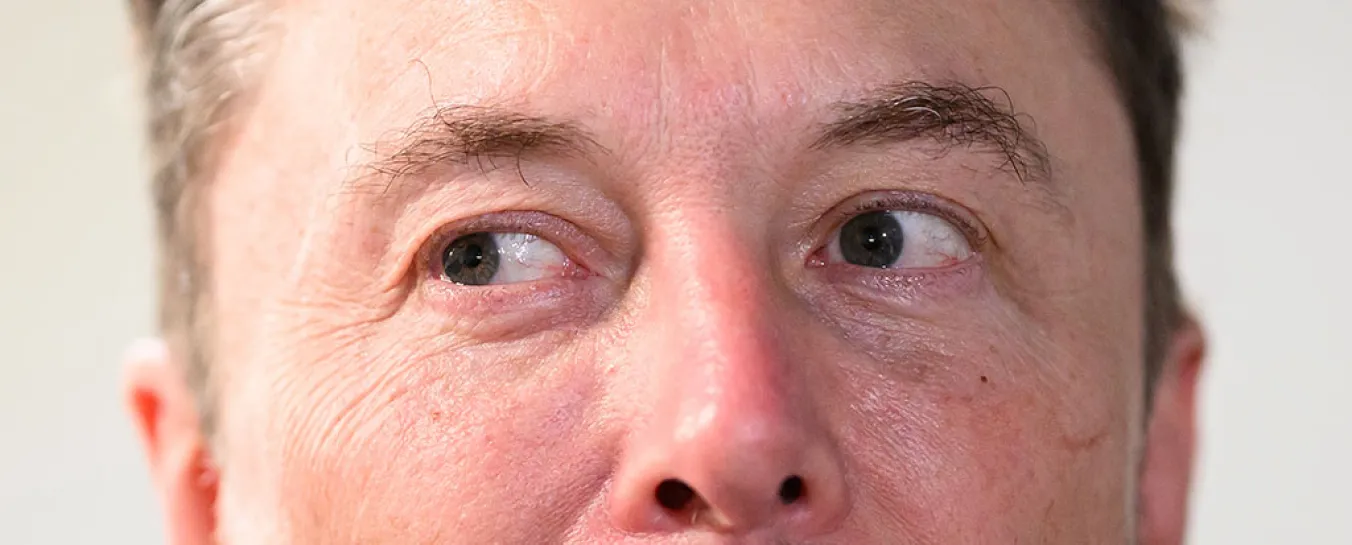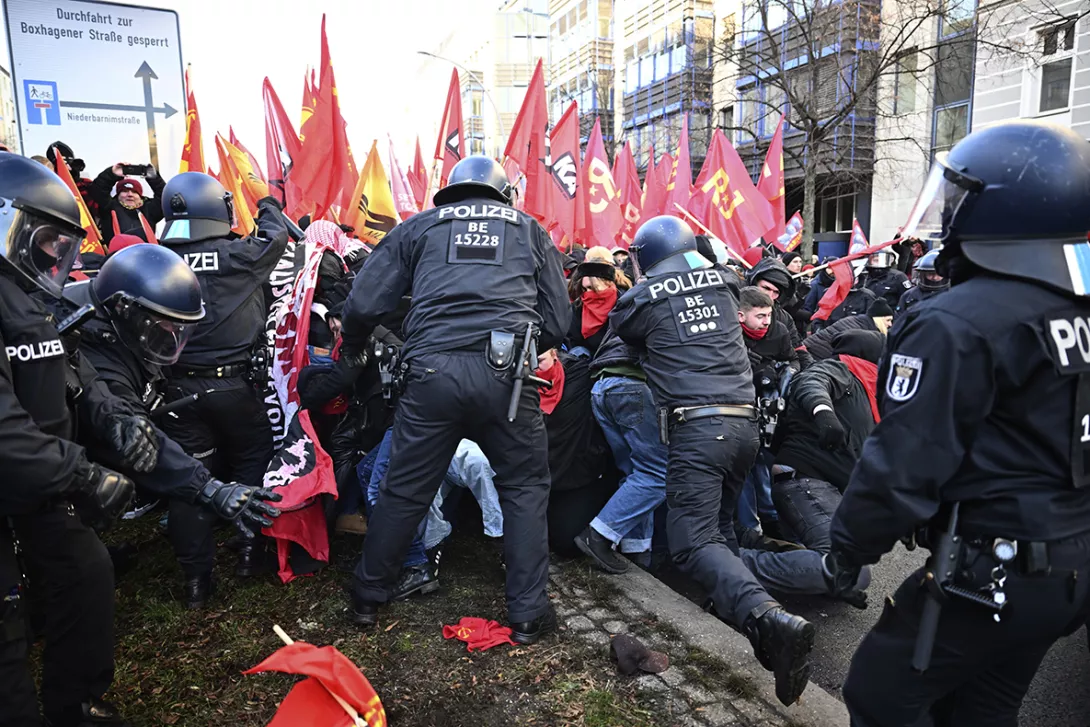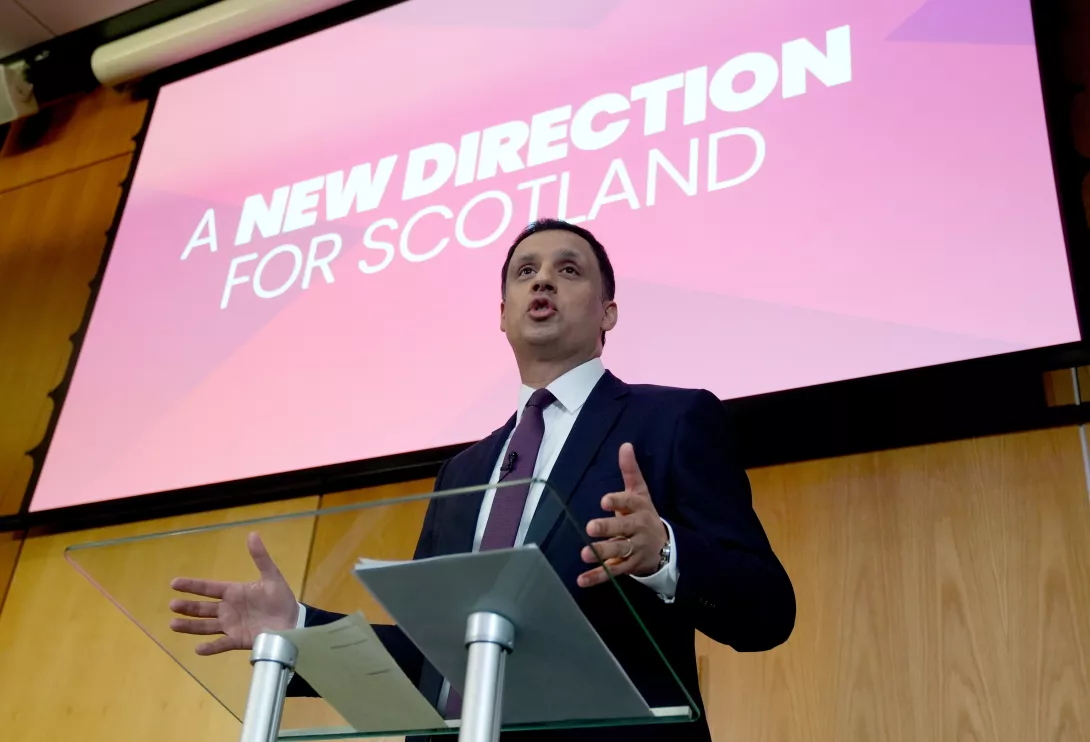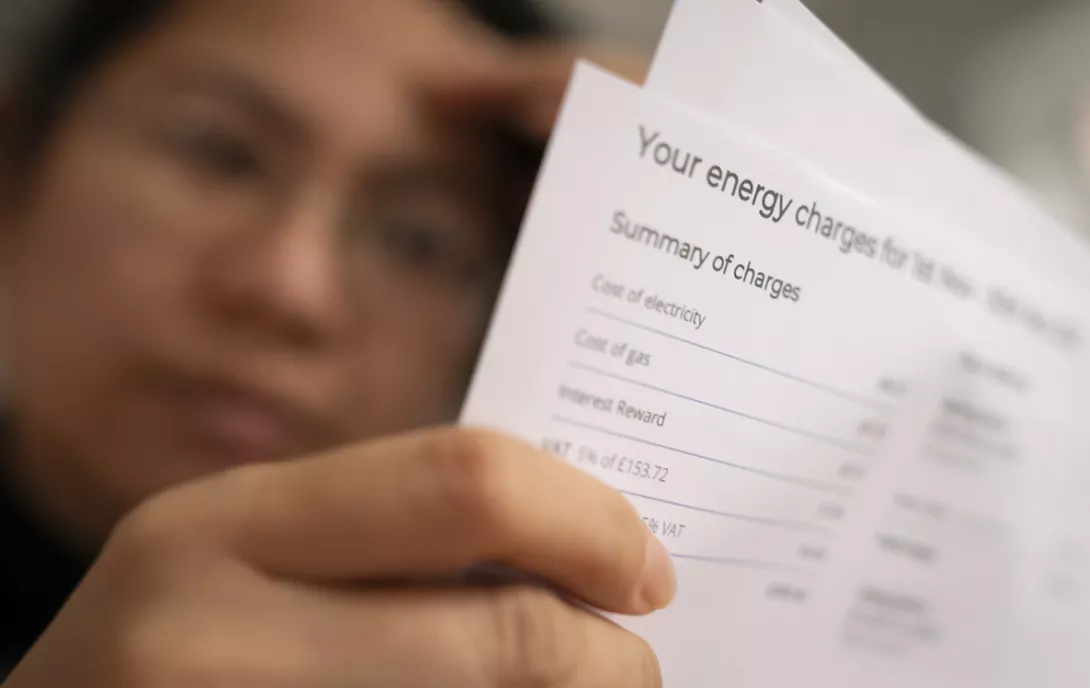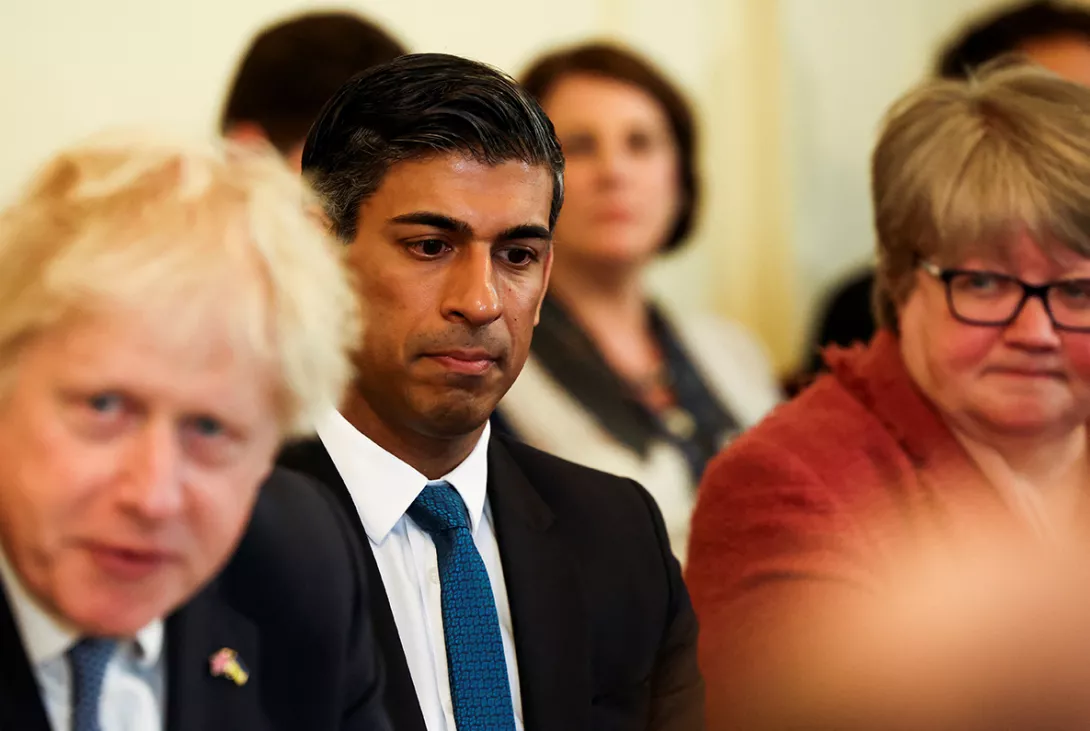
HOLD on to your hats, everyone! At 9 per cent, the CPI measure of inflation hit a 40-year high last month. The RPI measure is already 11.1 per cent, with both being set to rise further by the end of the year.
According to the Office for National Statistics, around three quarters of the 2 per cent additional rise in April came from higher electricity and gas bills. And the increase is already causing desperate hardship.
Clare Moriarty, chief executive of Citizens Advice, spoke of “people washing in their kitchen sinks because they can’t afford a hot shower; parents skipping meals to feed their kids; disabled people who can’t afford to use vital equipment because of soaring energy bills.”
Matthew Cole, chair of charity the Fuel Bank Foundation, said that hard-pressed families were spending their evenings in fast-food restaurants, relying on them as an emergency kitchen, bathroom and living room.
Wholesale energy prices internationally rose significantly last year due to increased demand after the easing of Covid pandemic shutdowns. The rising price of crude oil has fed through into higher transport costs, and consequently higher food prices — while supermarkets have maintained their profits.
Wholesale gas prices in Europe were also affected by delays in commissioning the Nord Stream 2 pipeline from Russia. But in Britain major factors behind the domestic energy price rises have also been the long-term lack of investment in renewable energy, and the over-reliance on gas for electricity generation.
Britain has the lowest gas reserves in Europe, equivalent to roughly 2 per cent of annual demand, compared with an average of 25 per cent across the EU. That means Britain is less protected against short-term price rises.
This lack of planning, for both renewable energy and gas reserves, relates directly to Britain’s privatised energy market. And energy regulator Ofgem, which hiked the energy price caps by 54 per cent, only exists because of that. In France, electricity firm EDF has raised its prices by only 4 per cent — because it is state-owned, and the French government instructed it to take a £7 billion financial hit.
So, in fact, a supposed competitive privatised energy market, which it was claimed would provide better value for consumers, has actually turned into its opposite.
Privatisation was a political decision, just as the embargoes by Britain and other Nato countries on Russian energy exports, over the war in Ukraine, are political decisions.
In 2021, Europe sourced more than 40 per cent of gas imports from Russia, while Britain imports half its gas from Europe. Consequently, the embargoes will send prices even higher. But even before the Ukraine crisis, there was talk of Ofgem raising the price caps again in the autumn.
Today the Daily Telegraph, citing voter research in Whitehall which found that eight in 10 people backed a windfall tax on oil and gas companies to help people with energy bills, suggested that some ministers were warming to the idea. But in the House of Commons Boris Johnson said that “This government is not in principle in favour of higher taxation.”
Political decisions like that require responses. If the government is not prepared to tackle the problem, then workers need to take action to defend their own interests.
Unite general secretary Sharon Graham today hit back at millionaire Bank of England governor Andrew Bailey’s call for workers to exercise pay restraint. “Workers,” she said, “are at least £70 worse off than this time last year and being battered by spiralling food and energy costs.”
“Unite’s answer to the current crisis is that employers who can pay decent wages but won’t will face industrial action,” she added.
That is a lesson the trade union movement needs to take to heart in building the TUC’s We Demand Better demonstration in London on June 18.

